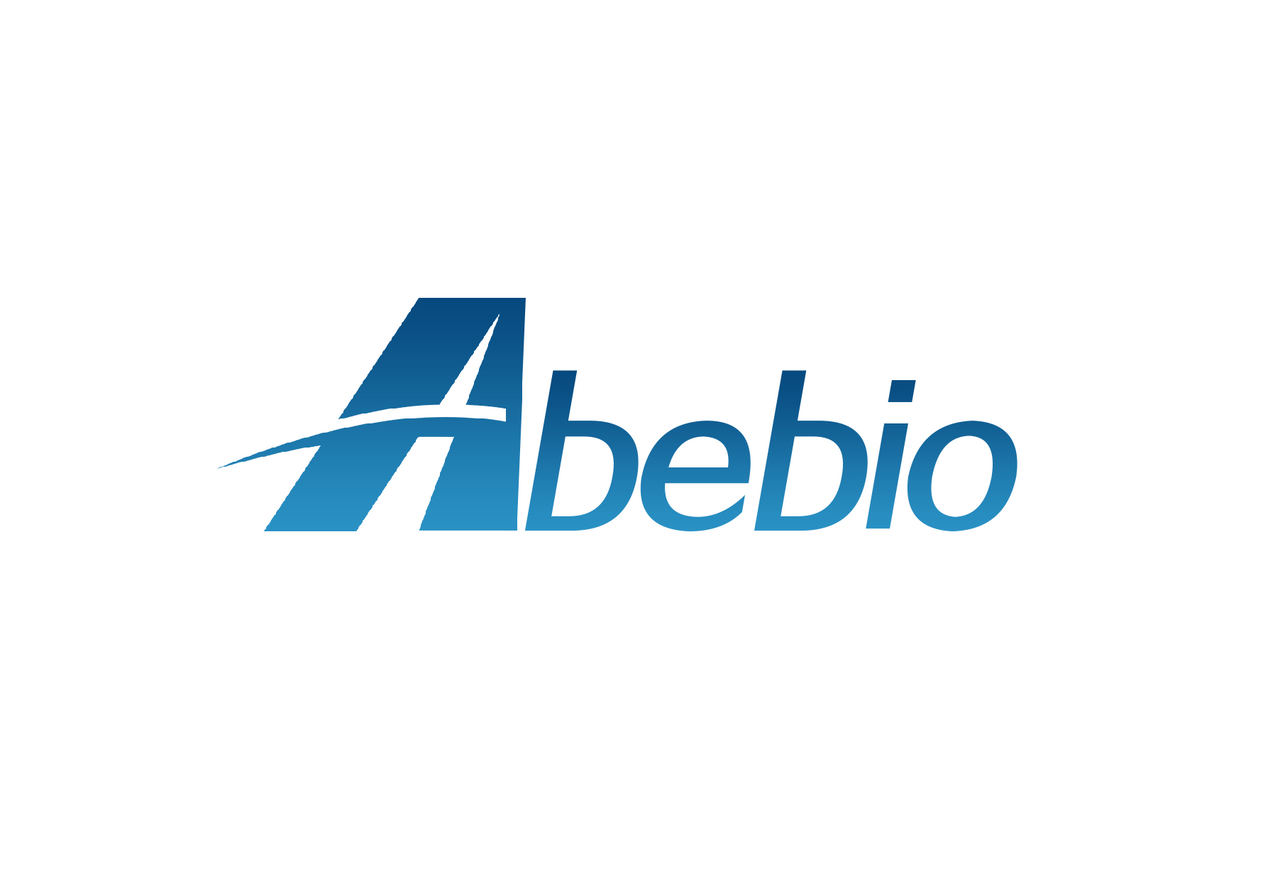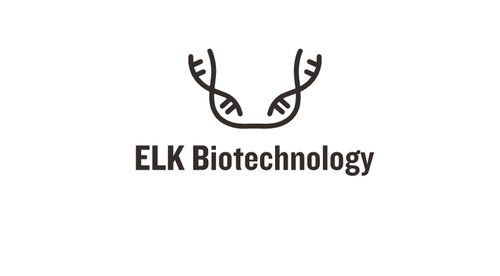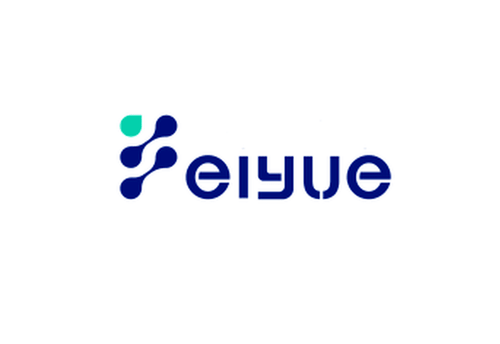Product Description
Rat Glycine receptor subunit alpha-2 (GLRA2) ELISA Kit | AE58659RA | Abebio
Species Reactivity: Rat (Rattus norvegicus)
Abbreviation: GLRA2
Alternative Name: GLR; Glycine receptor; alpha-2 polypeptide|glycine receptor alpha 2 subunit
Application: ELISA
Range: 0.312-20 ng/mL
Sensitivity: 0.115 ng/mL
Intra-Assay: ≤5.6%
Inter-Assay: ≤9.8%
Recovery: 1, 03
Sample Type: Serum, Plasma, Other biological fluids
Detection Method: Sandwich
Analysis Method : Quantitive
Test Principale: This assay employs a two-site sandwich ELISA to quantitate GLRA2 in samples. An antibody specific for GLRA2 has been pre-coated onto a microplate. Standards and samples are pipetted into the wells and anyGLRA2 present is bound by the immobilized antibody. After removing any unbound substances, a biotin-conjugated antibody specific for GLRA2 is added to the wells. After washing, Streptavidin conjugated Horseradish Peroxidase (HRP) is added to the wells. Following a wash to remove any unbound avidin-enzyme reagent, a substrate solution is added to the wells and color develops in proportion to the amount of GLRA2 bound in the initial step. The color development is stopped and the intensity of the color is measured.
Product Overview: The GLRA2 gene encodes the alpha-2 subunit of the glycine receptor. The alpha-1 subunit is encoded by the GLRA1 gene, which maps to chromosome 5q32. The GLRA2 gene is expressed in fetal brain and spinal cord, and the GLRA1 gene is expressed predominantly in adult brain and spinal cord . Grenningloh et al. (1987) cloned and sequenced cDNAs of the strychnine-binding subunit of the rat glycine receptor, a neurotransmitter-gated chloride channel protein of the central nervous system. They found that the deduced polypeptide shows significant structural and amino acid sequence homology with nicotinic acetylcholine receptor proteins, indicating that they belong to a family of genes encoding neurotransmitter-gated ion channels.
Stability: The stability of ELISA kit is determined by the loss rate of activity. The loss rate of this kit is less than 5% within the expiration date under appropriate storage condition. The loss rate was determined by accelerated thermal degradation test. Keep the kit at 37°C for 4 and 7 days, and compare O.D.values of the kit kept at 37°C with that of at recommended temperature. (referring from China Biological Products Standard, which was calculated by the Arrhenius equation. For ELISA kit, 4 days storage at 37°C can be considered as 6 months at 2 - 8°C, which means 7 days at 37°C equaling 12 months at 2 - 8°C) .
 Euro
Euro
 USD
USD
 British Pound
British Pound
 NULL
NULL








